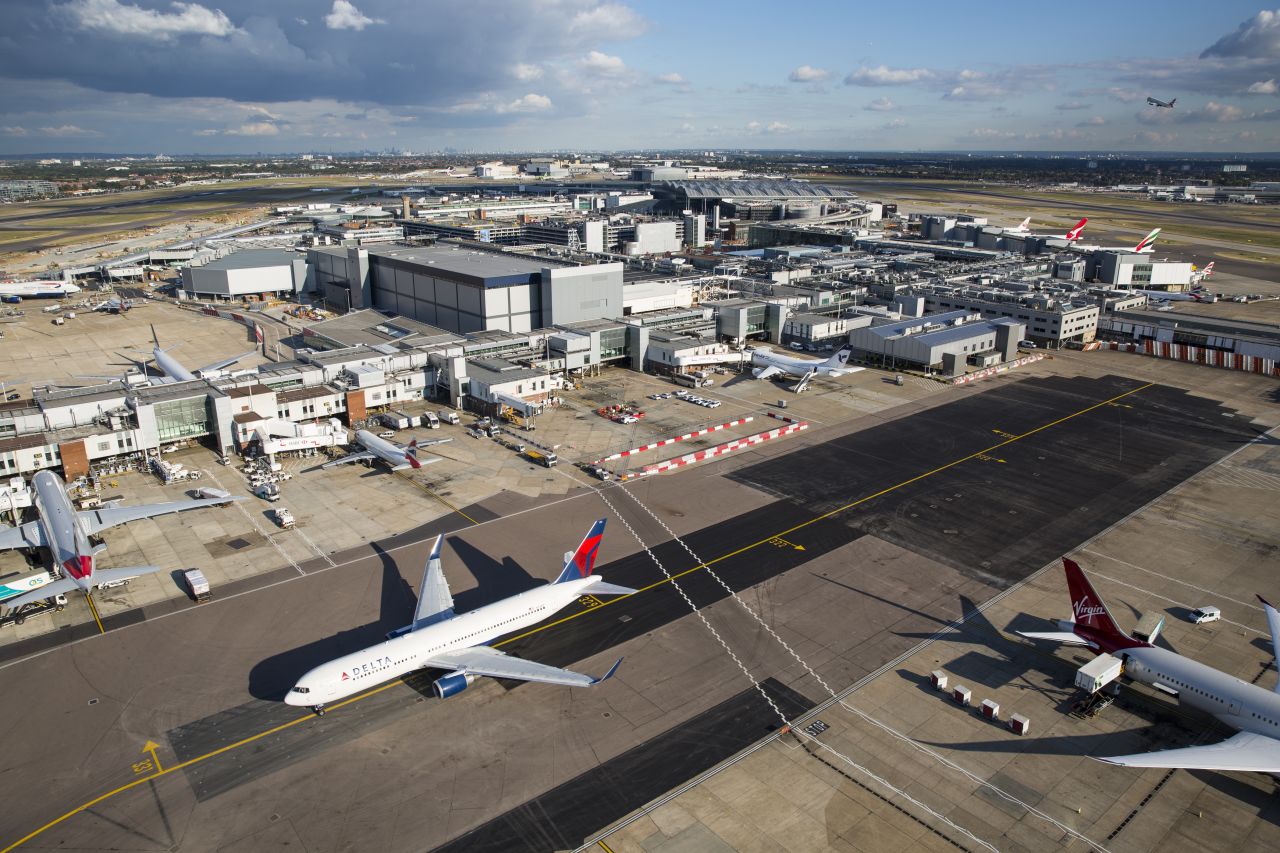As many of us are acutely aware, air travel has been in a state of heightened disruption for months due to the pandemic. But now, a new threat against air travel is emerging on the horizon.
As reported by The Blaze, American radio and TV host Glenn Beck recently revealed a conversation he had with a travel agent while vacationing in Europe. The agent warned, “You should see Europe now while you can” due to the United Nations’s “sustainability goals” for the travel industry, particularly when it comes to air travel. The U.N. hopes to force airlines to “go net zero” in terms of their emissions but, as we previously reported, the technology to achieve this feat isn’t yet available in a way that wouldn’t drastically increase prices for air travelers. As a result, nonessential air travel, such as tourism, could face shutdowns unless a solution is reached.
Beck believes that European airports (or “public airports,” as he phrases it) are being forced to close and those that remain will be the private airports that service smaller private jets and wealthy elites. “No worries about emissions from private jets, apparently,” he notes, adding that the rest of us “will need to travel by train or other public transportation options.”
Beck’s belief is supported up by recent events in the UK, where it appears that closures of regional airports (with the exception of London’s Heathrow and Glasgow) will be continuing while only the wealthiest air travelers will remain unscathed. This plan is already in motion, with The Telegraph warning as early as February that operating costs imposed by new climate restrictions were making it hard for regional airports to stay open and profitable.
The proposed U.N. plan has been met with some fierce criticism from those claiming that it aims to punish regular travelers while providing a pass to the wealthy. This week, philosopher Agnes Callard wrote an essay for The New Yorker titled “The Case Against Travel”, which some perceive as an excuse for climate alarmists to support the idea of unfairly hindering ordinary citizens’ right to travel in the name of apathy toward the environment.
For those believers, it‘s not entirely about sustainability — but rather a push to gain more centralized control and less freedom, as avid travelers often come face–to–face with different cultures, meet new people, and see unfamiliar lands — all of which can inspire individual growth.
What does this new plan mean for the future of air travel? We can only speculate. But as it stands now, it doesn’t bode well for those without private jets in their fleets.

